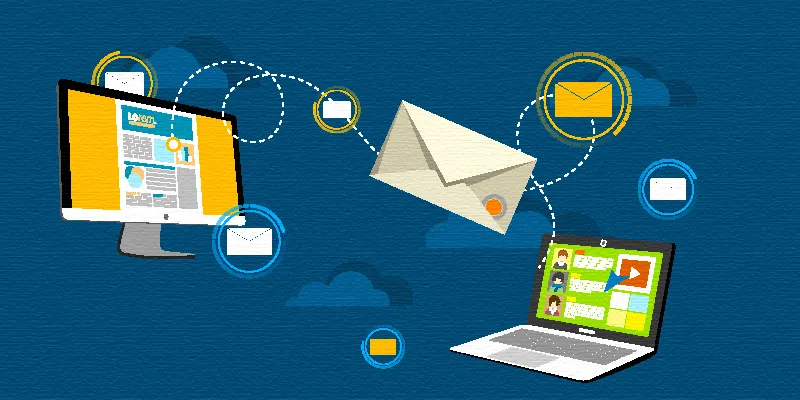Brand messaging for early-stage startups – how to do it right
In a landscape where a new startup launches almost every day, differentiating yourself purely on the basis of a product is almost impossible. At the same time, founders struggle with prioritising product versus marketing, keeping the latter almost non-existent till funding comes through.
The time that startups have between finalising the idea and the product going live is extremely crucial for firming up their positioning and messaging. It is their first opportunity to brainstorm the best way to explain their work to their key stakeholders.

Image: Shutterstock
To figure out how to go about messaging, we first need to understand what messaging is. Simply put, it is a way to explain what you do, the impact your product or service has, and what existing challenges it solves. Messaging works in two stages –
- Awareness: This is the essential form of messaging for early stage startups. Awareness messaging helps startups communicate their existence and work to key stakeholders, including customers.
- Brand marketing: For brands that already hold equity in the market, messaging works to drive brand affinity. The “Think Different” of Apple and the “Reinvent” of HP belong here.
Keep it simple
A common mistake that startups make is confusing brand marketing messaging with awareness messaging. To put it bluntly, let’s say a startup has an idea that will change the world. Consumers will not believe you till they know who you are. The first talisman for startup messaging is to earnestly explain who you are and what you do without any big promises, or worse – platitudes.
Decide how you want your consumers to “feel”
The first rule of marketing is that people purchase on the basis of emotions and justify it using logic. Your messaging needs to be emotive too. Use power words, be action-oriented, and avoid jargon like “cost-efficient” and common adjectives like “simple” and “easy” like the plague.
Don’t be afraid to take a stand
A benefit that startups have over large brands is that their stakes are reasonably lower, agility is expected, and being able to take a stand is a given. There is no reason why the messaging for your entertainment app should not tell consumers to stop tolerating mediocre content. Having said that, this is a tricky space for startups to navigate. How much you can defy the rules of messaging depends largely on your target customers and their personalities. For instance, if you are a personal finance app looking to partner with established banks in the future, you need to play on the side of caution so that you are not associated with a risqué voice.
Tell stories about yourself, not just your product
Your messaging is a powerful combination of what your product does, what your brand promises, and who the faces are behind all of it. Often, the founders’ past experience is a great way to build quick trust among stakeholders. This experience often does shape the product and its consumer experience. Awareness messaging is the first opportunity for communicating it.
Get objective counsel
Often, founders believe that they are changing the world with their product. Most people they partner with come with the same frame of reference. Therefore, it becomes crucial for brands to bring in objective viewpoints from those for whom the stakes are not so high. Objective counsel on messaging can help you find realistic yet impactful ways to establish awareness messaging. If it is too early to bring in an expensive agency, find an effective independent consultant to do the job. But whatever you do, my only advice to founders is to not finalise their awareness messaging on the basis of how they feel about their product. This is where objective, third party counsel helps. Leave the emotions for the consumers.
Several founders relegate the status of messaging to unnecessary fluff. They couldn’t be further from the truth. Messaging is an essential component of the work startups put in in their early stages. It is the framework for all communication, marketing, and media and analyst relations. Do it right!
Read Also: How to hook your audience into sitting up and taking notice of your company’s solution







